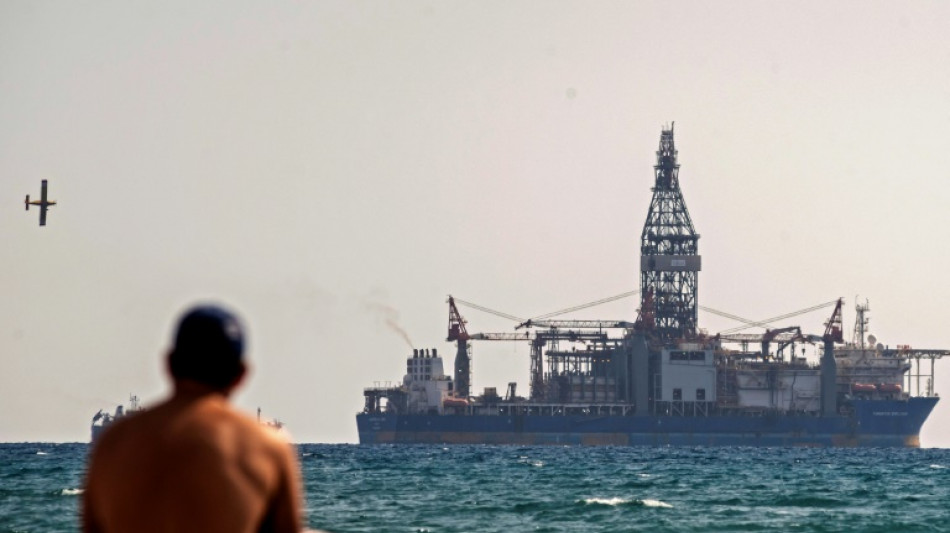

Cyprus says major gas find could boost European supplies
A new gas discovery off Cyprus could speed up exploitation of untapped resources and help secure supplies to Europe, Cypriot Energy Minister Natasa Pilides said Tuesday.
Italian giant Eni and France's TotalEnergies announced on Monday a "significant gas discovery at the Cronos-1 well, in Block 6, offshore Cyprus".
Cyprus's energy ministry said preliminary estimates indicated the reservoir holds about 2.5 trillion cubic feet (70 billion cubic metres) of natural gas.
With Russia threatening to cut off gas supplies to the European Union, Nicosia was in talks with Brussels to become part of the bloc's energy plan to reduce reliance on Moscow, Pilides told state radio.
The minister said she had contacted Eni and TotalEnergies to "find ways to optimally exploit this discovery".
The gas find was located 165 kilometres (about 100 miles) off the southwest coast of Cyprus.
In 2018, Eni discovered the large Calypso-1 gas field in the same block, containing an estimated 4.5 trillion cubic feet of gas.
The Cypriot energy ministry said Monday more drilling had begun in a new well called Zeus-1 in Block 6, where additional quantities of gas could be discovered.
Nicosia has granted drilling licences for seven blocks to the Eni-Total consortium.
The latest discovery adds to three other major gas finds, including at the Aphrodite well in Block 12 of 4.5 trillion cubic feet, licensed to US firm Chevron, Britain's Shell, as well as Israeli partners.
Pilides estimated it would take about three years to commercially exploit Aphrodite, with the gas likely to be exported to nearby Egypt.
In December, US giant ExxonMobil and Qatar Energy signed a contract for oil and gas exploration and production-sharing off Cyprus, angering Turkey.
Gas exploration in the eastern Mediterranean has been a sore spot for the two nations due to competing claims over rights to maritime zones.
In February 2019, ExxonMobil and Qatar Energy discovered a huge natural gas reserve off Cyprus in Block 10, the island's largest find to date with an estimated five to eight trillion cubic feet.
O.L.Jiminez--ESF




